The Daniel Fast is a famous fast adopted by many churches and worship centers as an act of sacrifice and worship. Many churches embark on a 10 or 21-day Daniel Fast, usually at the beginning of the year. As has been the yearly custom of my local church for several years now, we will start our 21-day Daniel Fast tomorrow, Monday, January 10. I admit, one of the reasons I can eat without guilt during the Holidays is that I know “Daniel” is coming in January. Needless to say, I am looking forward to eating clean while maturing spiritually. So, what is the Daniel Fast, and what are the health benefits of the Daniel Fast, if any?
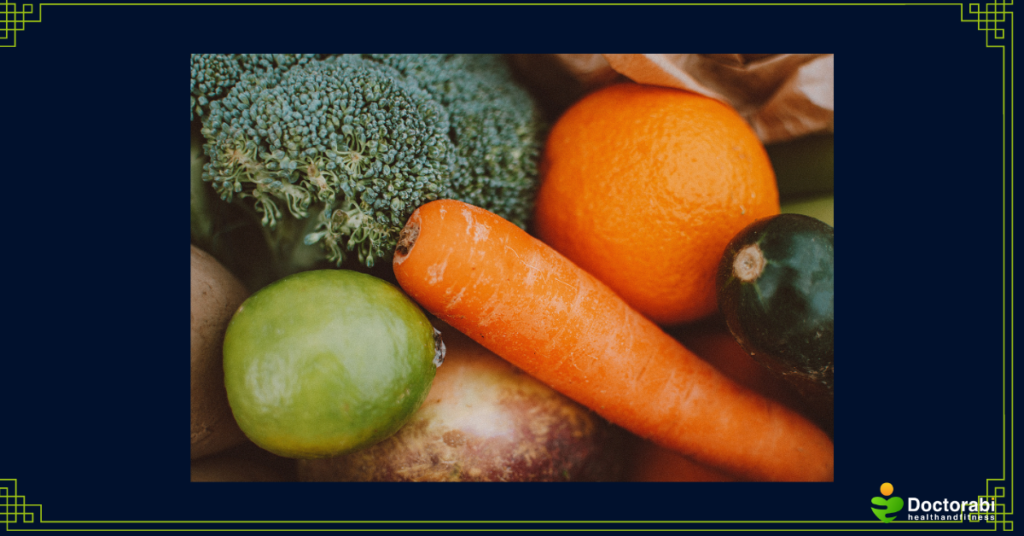
What is the Daniel Fast?
Based on the Biblical story, Daniel and his friends decided to stay away from the food and wine provided by the king who held them captive in Babylon. Instead, they chose a diet based on pulses and water. Beans, lentils, and peas are examples of pulses. Some Bible versions state they went on a diet of vegetables and water. The Daniel Fast is based on these two Bible verses:
“Please test your servants for ten days, and let them give us vegetables [pulses] to eat and water to drink.” Daniel 1:12.
“In those days, I, Daniel, was mourning three full weeks. I ate no pleasant food, no meat or wine came into my mouth, nor did I anoint myself at all, till three whole weeks were fulfilled.” Daniel 10: 2-3.
Basically, Daniel ate vegetables and legumes and drank only water. He did not eat meat or any pleasant (refined) foods or drink wine. In summary, the Daniel Fast is a vegan-based diet that focuses on eating vegetables, legumes, and fruits while avoiding sugars, refined foods, caffeine, and alcohol.
What are the benefits of the Daniel Fast?
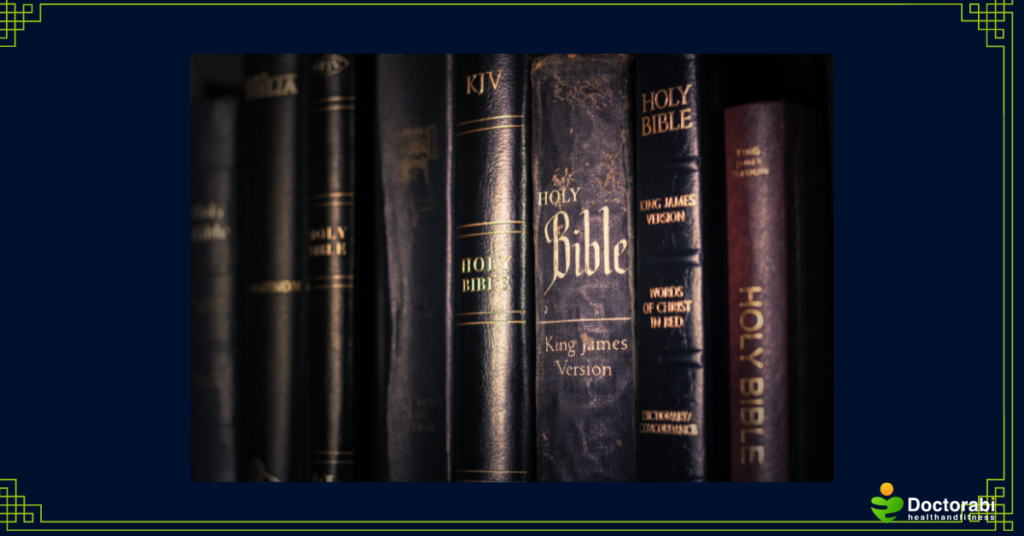
Like Daniel, the purpose of the fast is to shift the focus from oneself to God. Depriving yourself of “fine foods” while seeking God is viewed as an act of worship and sacrifice. By the end of his fast, Daniel received clarity of vision. Additionally, he received answers to his prayers and became stronger. Furthermore, Daniel and his friends appeared healthier than their counterparts who ate regular foods and meats. And finally, they became highly knowledgeable and ten times more intelligent than all the wise men of their time (Daniel 1: 17-20).
Health benefits of the Daniel fast
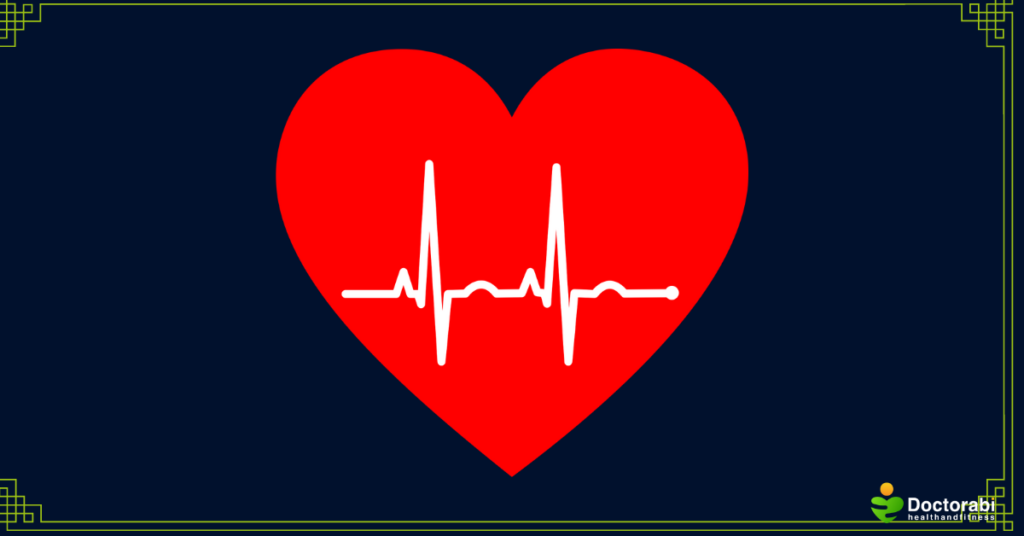
Limited research studies show that the Daniel Fast is well-tolerated and doable. Participants in a study experienced:
1) Lower blood pressures.
2) Lower cholesterol levels.
3) Lower free radicals. Excessively high free radicals can be harmful and are associated with chronic illnesses, including diabetes, heart disease, and cancer.
4) Higher antioxidant levels. Antioxidants help neutralize free radicals in your body.
Limited research exists on the Daniel Fast. However, there are tons of research on a plant-based diet, including vegan and strict vegan diets. For more on the health benefits of plant-based diets, please read “Is Plant-based Eating Worth the Hype?”
Side effects of the Daniel Fast
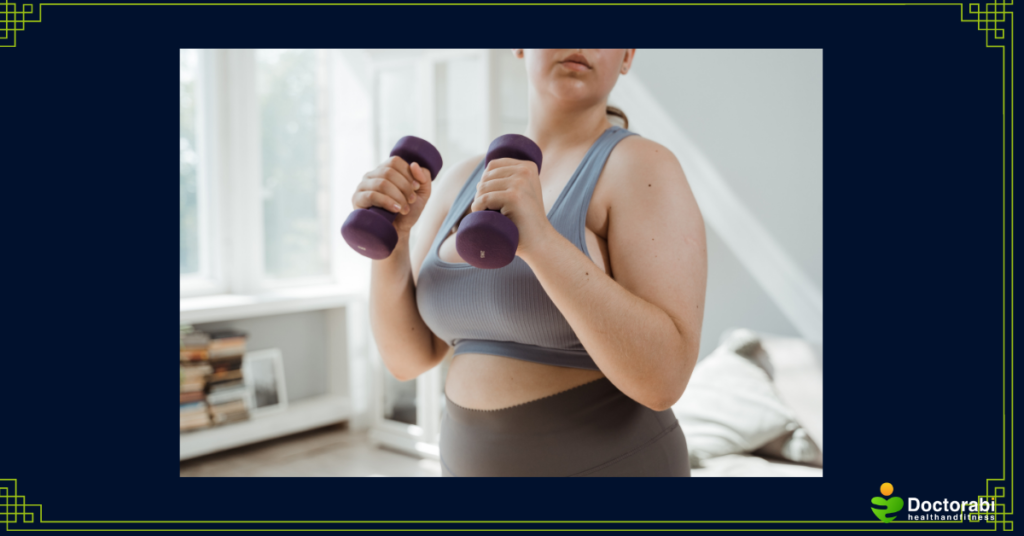
1) In the Daniel Fast, you consume less protein, and you can lose lean body mass or muscle mass. Eat foods high in protein, such as lentils, beans, and quinoa to minimize or avoid this.
2) You also consume less saturated and unsaturated fats during the Daniel Fast. This reduced consumption of fats can lower your HDL cholesterol, the good cholesterol that protects your heart. To maintain or increase your HDL-cholesterol while on the Daniel Fast, eat foods high in unsaturated fats, such as avocados, walnuts, almonds, and olive oil.
3) You may experience fatigue, headaches, bloating, nausea, and other vague symptoms, especially in the first few days of the fast. Drinking plenty of water will help alleviate some of these symptoms. Ultimately, your body will get used to eating this way and these symptoms should disappear.
The Daniel Fast and diabetes
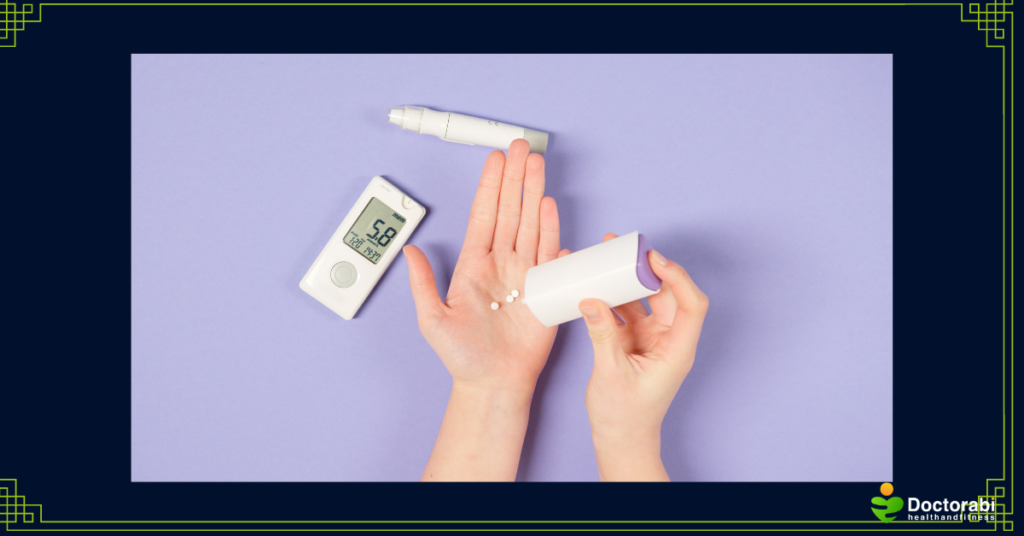
If you have diabetes or high blood sugar, pay close attention to your blood sugar while on the Daniel Fast, especially if you take insulin or another glucose-lowering medication. While studies in this area are inadequate, most people believe that the Daniel Fast helps lower your blood sugar. To obtain this benefit, focus on eating foods like quinoa and beans, which cause a slow release of glucose into your bloodstream. Avoid or reduce the consumption of high glycemic fruits, like watermelon and pineapples, as they can rapidly raise your blood sugar.
Foods to eat on the Daniel fast
Below is a list of foods you can eat on the Daniel Fast.
Foods to avoid on the Daniel fast
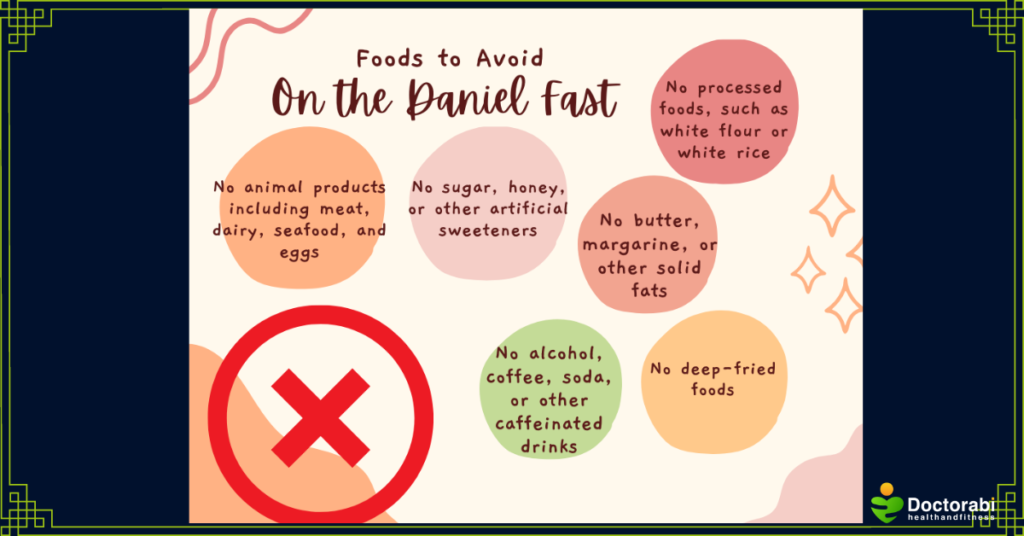
Final Thoughts
Several years ago, when my church started this tradition, it was difficult for me to come up with palatable meals on the Daniel Fast. Then, I did not know any better. The very first year, I used no seasonings, not even salt, which did not go over so well. Now, I know better and use salt and other herbs and spices.
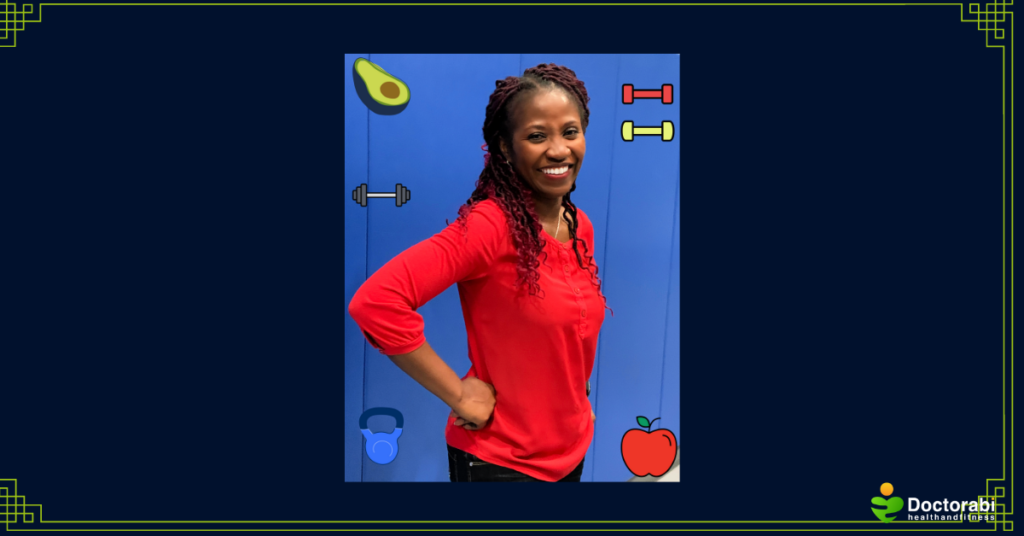
Also, because I recently completed a one-month adventure in plant-based eating with my friends, I have a new arsenal of menus and recipes that I can add to my Daniel Fast food list. For recipe ideas, google Daniel Fast recipes, and you will find tons of recipes and meals that you will enjoy.
Let me sound a note of caution here. The Daniel Fast is not a weight loss diet. Yes, you may lose weight, but that is not the purpose of the fast. As a matter of fact, if you go back to Daniel’s story, it appears that Daniel and his friends gained weight during their fast.
And at the end of ten days, their countenances appeared fairer and fatter in flesh than all the children which did eat the portion of the king’s meat. Daniel 1:15.

Finally, maybe you do not want to do a Daniel Fast. Or perhaps you are not “religious.” Try intermittent fasting or any other type of fasting for a short period of time this New Year. Intermittent fasting has numerous health benefits and can prevent obesity, diabetes, cardiovascular disease, cancers, and some neurological disorders. For more on the health benefits of intermittent fasting, read “14 Plus Reasons to Consider Intermittent Fasting.” And if you need guidance on intermittent fasting, read “Intermittent Fasting: A Step-by-Step Guide.” Whichever kind of fasting you choose this year, commit to it, and feel free to share your thoughts and comments below.
Yours in health and fitness,
Doctor Abi.

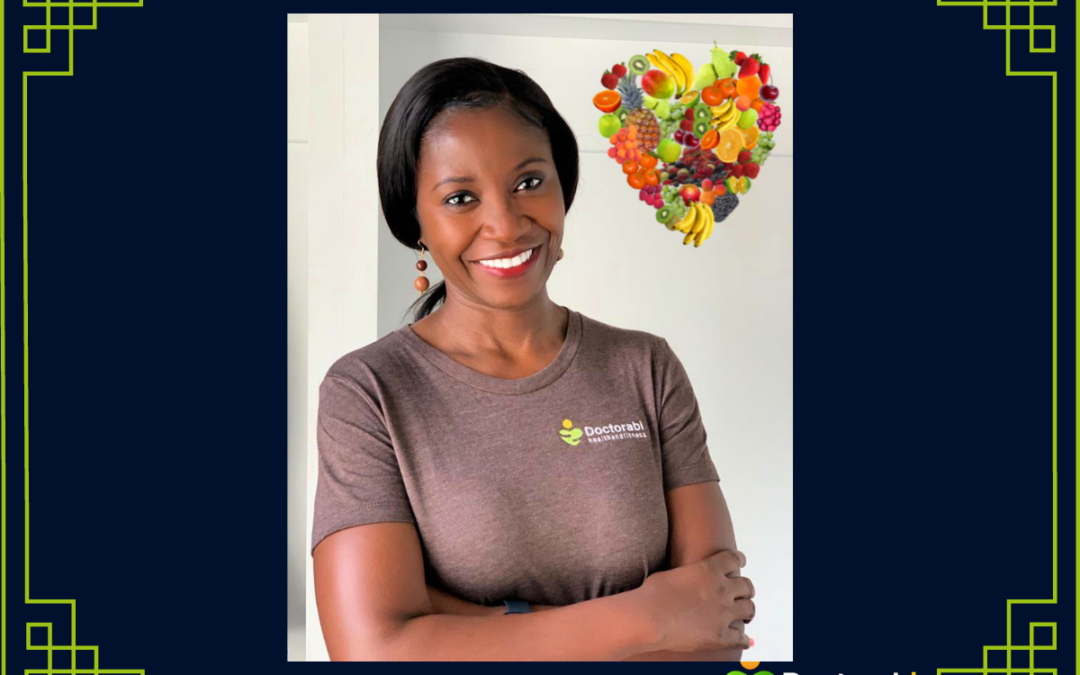
Can those who have had intestinal surgery go on Daniel fast without side effects
Thank you for your question. It depends on the type of intestinal surgery. If it is something like the removal of an appendix in the past, then that should not prevent anyone from trying the Daniel fast. However, it is always best to check with your doctor if you have any health conditions before trying the Daniel fast.